This acclaimed clinical guide and widely adopted text has filled a key need in the field since its original publication. Nancy McWilliams makes psychoanalytic personality theory and its implications for practice accessible to practitioners of all levels of experience. She explains major character types and demonstrates specific ways that understanding the patient’s individual personality structure can influence the therapist’s focus and style of intervention. Guidelines are provided for developing a systematic yet flexible diagnostic formulation and using it to inform treatment. Highly readable, the book features a wealth of illustrative clinical examples.
New to This Edition
*Reflects the ongoing development of the author’s approach over nearly two decades.
*Incorporates important advances in attachment theory, neuroscience, and the study of trauma.
*Coverage of the contemporary relational movement in psychoanalysis.
Winner–Canadian Psychological Association’s Goethe Award for Psychoanalytic and Psychodynamic Scholarship

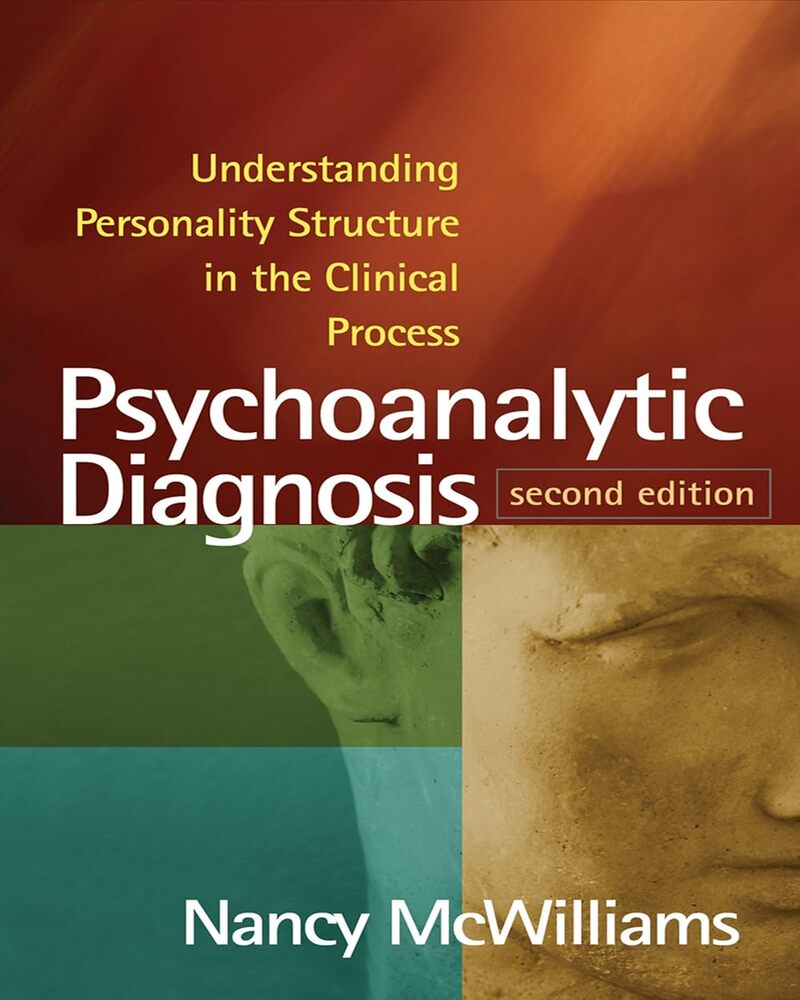
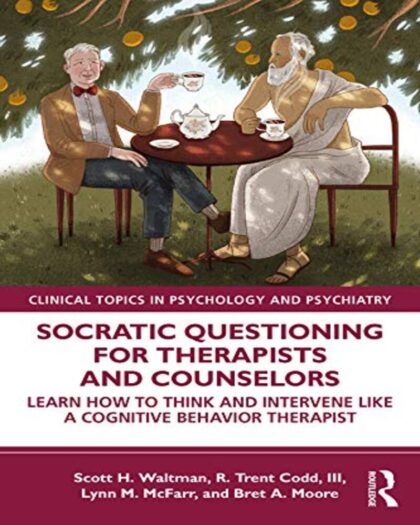


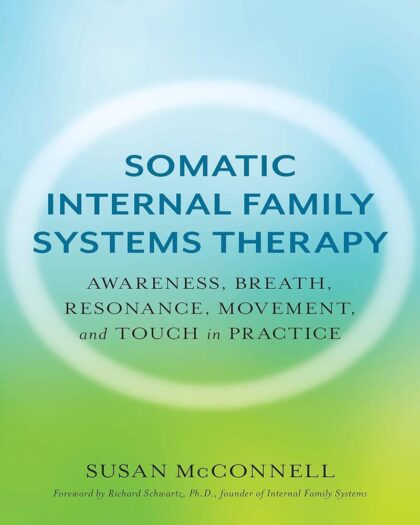
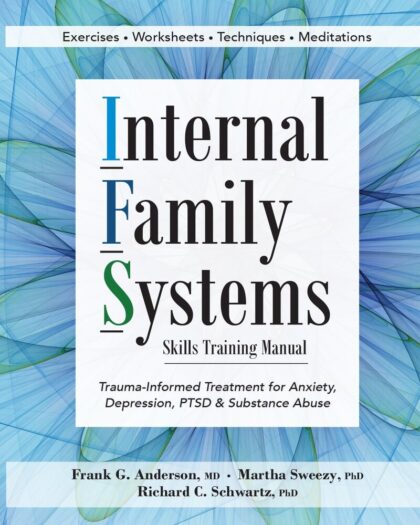

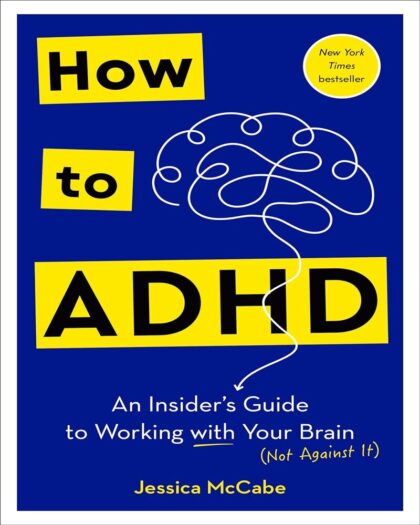
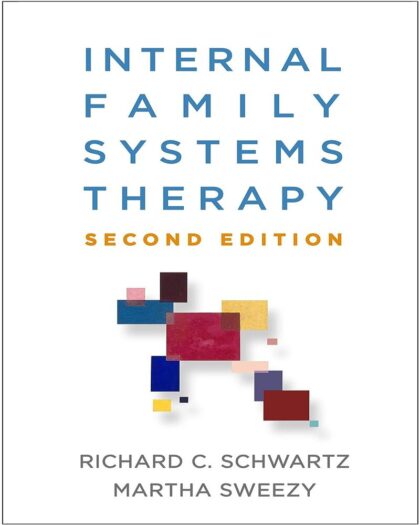
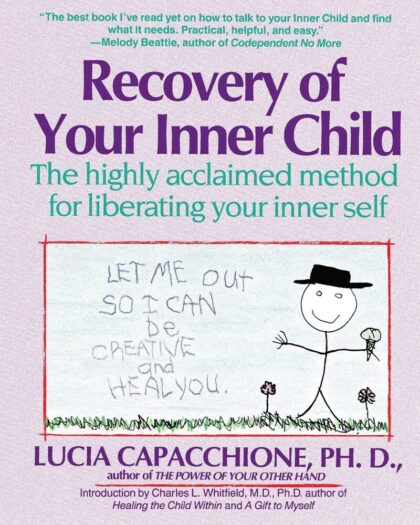
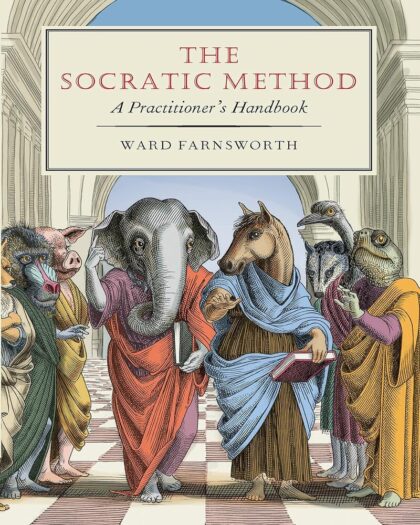

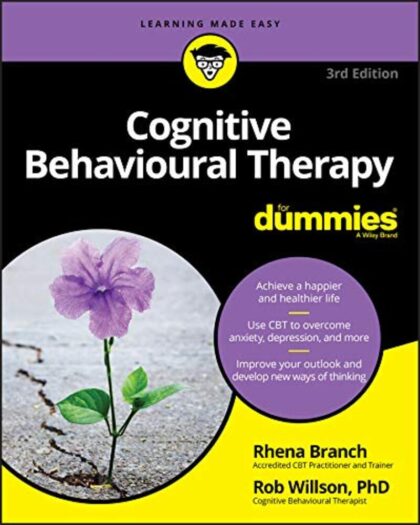
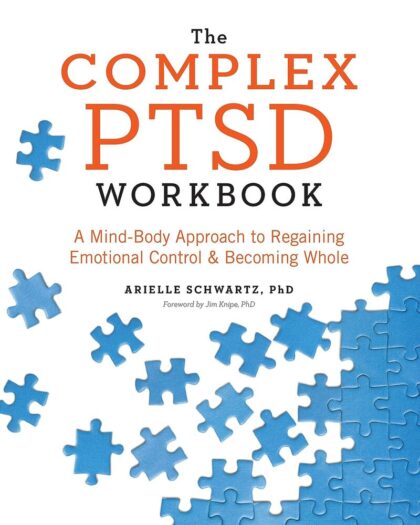
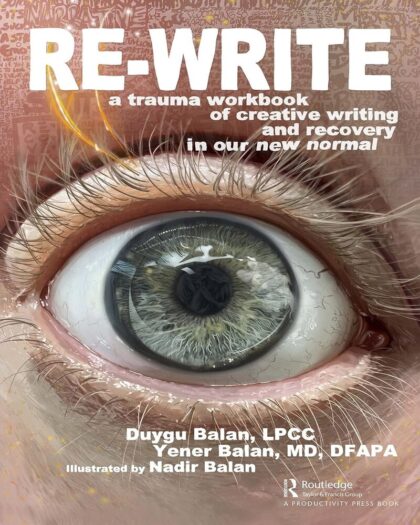
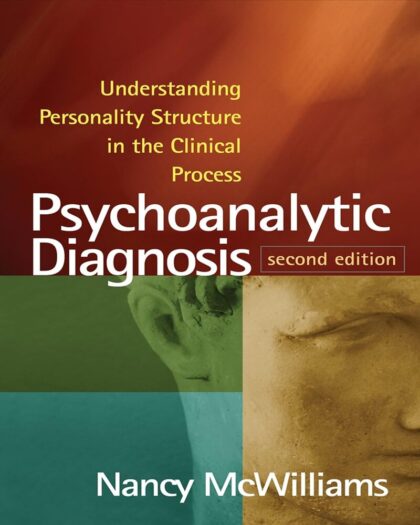
The simple statement of "I dont know. What do you think?" is a leader's model demonstrating humility and compassion, two keys to positive long term results. This book provides information and techniques for you to ask better questions at the right time and achieve greater results.
Note: It's dense, be prepared to read it many times over.
I have read various books on these issues, and some authors known as experts in the field (Kernberg, Millon) are tedious to read because of their jargon. They have much in common with the DSM which takes a "cold," clinical approach by listing symptoms. McWilliams provides a great deal of insight by contextualizing these issues; J. Reid Meloy is also excellent.
Highly recommended: one of the most accessible, comprehensive and scholarly books I have read on the challenging and fascinating subject of personality disorders.